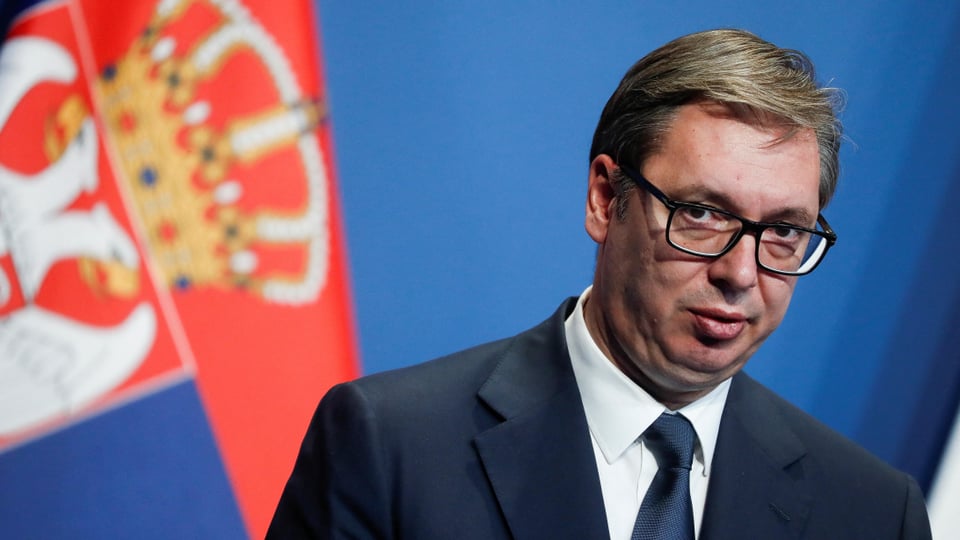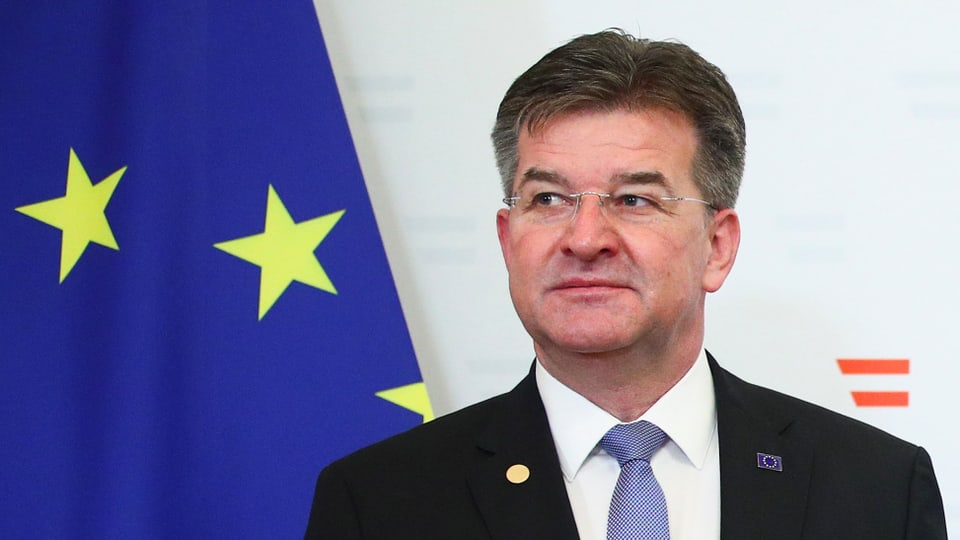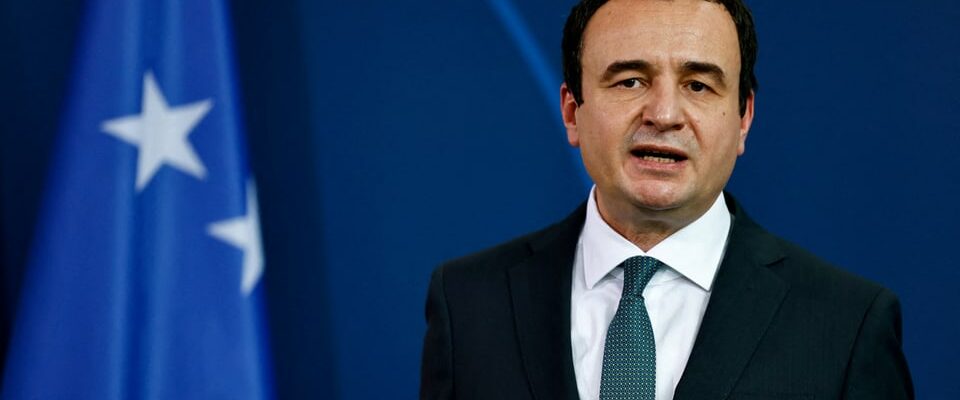Contents
The situation between Kosovo and Serbia is escalating repeatedly. States cannot avoid negotiations.
The EU has been grappling with the question of how the relationship between Kosovo and Serbia should normalize for years. Last year, the EU was able to broker an agreement between the quarreling neighbors. But neither Serbia nor Kosovo implemented the agreements. On the contrary: the situation escalated again last September.
Miroslav Lajcak openly says he would like to see faster progress. He is the EU’s special representative for the dialogue between Pristina and Belgrade. However, he is also aware of how great the mutual mistrust is between Kosovo and Serbia. The lack of support within the respective population also makes the negotiations more difficult, said Lajcak.
Kosovo continues to believe in dialogue
The two countries reached an agreement early last year. In the case of Kosovo, for example, Serbia and the EU are calling for the implementation of an association of municipalities with a Serb majority. After his country was hit with measures, Kosovo Prime Minister Albin Kurti accused the EU of unilaterally siding with Serbia.
Legend:
Albin Kurti accuses the EU of being one-sided.
Reuters/Hannibal Hanschke
He even described the talks in this form as a failure. Yes, he criticized the role of the EU, says Kurti. But he still believes in the format of dialogue. But he continues to call for a tougher line towards Serbia. Violations should be sanctioned and the agreement should finally be signed by both parties.
The fact that Serbia has so far refused to sign the agreement is not a problem, says EU special representative Miroslav Lajcak. The agreement is still binding. He does not accept the accusation that the EU has sided too much with Belgrade. The EU has always chosen clear words, said Lajcak. The Kosovar criticism of the EU and its role in the process is probably part of the tactical game.
Statements made for the home audience should not be overrated. What counts are the commitments made in the process.
And yet: Serbian President Aleksandar Vucic had repeatedly said that he did not feel bound to the agreement. The EU has never taken a position on this, at least publicly. Lajcak says: “Such statements that are made for the home audience should not be overrated. What counts are the commitments made in the process.”
Such words are not enough for the Kosovo side. Finally, there was a Serbian attack on Kosovo in September, says Prime Minister Kurti. Serbia denies being involved in the attack. However, there are some indications that Serbia had a hand in the game back then.

Legend:
The leader of the attack, Milan Radojcic, is considered a close confidant of Aleksandar Vucic (pictured). Despite publicly admitting guilt, Radojcic remains at large in Serbia. Kosovo therefore demands that the EU impose sanctions against Serbia as long as Radojcic is not extradited to Kosovo.
Reuters/Bernadett Szabo
Lajcak doesn’t want to go into that. However, he emphasizes that the EU will not tolerate further provocations of this kind. And he also says the situation remains tense because of the attack.
Negotiation is the only way
Kosovo sees Serbia as a threat. The country is ready to defend its own sovereignty in an emergency, said Albin Kurti. And yet Kurti wants to continue negotiating with Serbia in Brussels. He wants normal relations with the neighboring country. Miroslav Lajcak also sees no alternative to negotiations. A European future is not possible without normalization.

Legend:
Miroslav Lajcak would like faster progress.
Reuters/Lisi Niesner
But neither of them has a real answer to how the two countries should return to the negotiating table and how the agreed agreements should be implemented.
